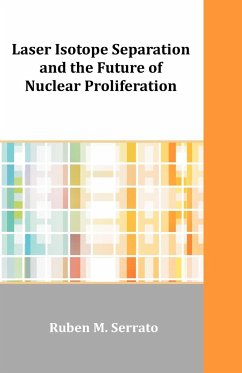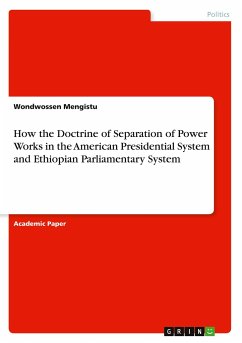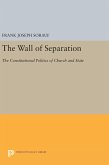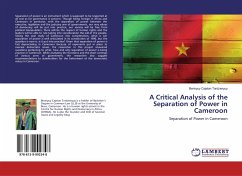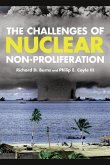Laser isotope separation (LIS) is an emerging technology that uses relatively small, widely-available lasers to achieve civilian or weapons grade concentration of fissile material to fuel nuclear reactions. To date only a few, limited proliferation risk analyses of LIS technology have been conducted. This paper provides a historically and technically informed update on the current state of LIS technology and it explains the high likelihood of increased global LIS adoption. The paper also explains how international rules governing nuclear energy are ill-equipped to handle such new technology. It traces the current limitations to broader issues in international relations theory, especially the incomplete accounts of the role of technology in the proliferation dynamic in the dominant neorealism and social construction of technology approaches. The paper introduces the concept of "international technology development structure," a framework for understanding how technology-related opportunities and constraints at the international system-level influence state nuclear weapons choices. The paper provides a thorough update of recent international laser innovations relevant to laser isotope separation and it explains how the spread of laser-related knowledge expands state nuclear options and influences their choices. The paper also provides a country-by-country update on LIS programs and it uses the example of Iran's laser isotope separation program to show how existing International Atomic Energy Agency efforts and export control approaches will be inadequate to addressing dual-use technologies such as LIS. It concludes by proposing a new course that links good standing in nuclear non-proliferation agreements to participation in the World Trade Organization, global conferences, and fundamental university research. Ultimately, the paper attempts to provide a comprehensive account of how emerging laser isotope separation technology presents non-proliferation challenges and it attempts to explore options for addressing this new period in technological achievement and change.
Hinweis: Dieser Artikel kann nur an eine deutsche Lieferadresse ausgeliefert werden.
Hinweis: Dieser Artikel kann nur an eine deutsche Lieferadresse ausgeliefert werden.

